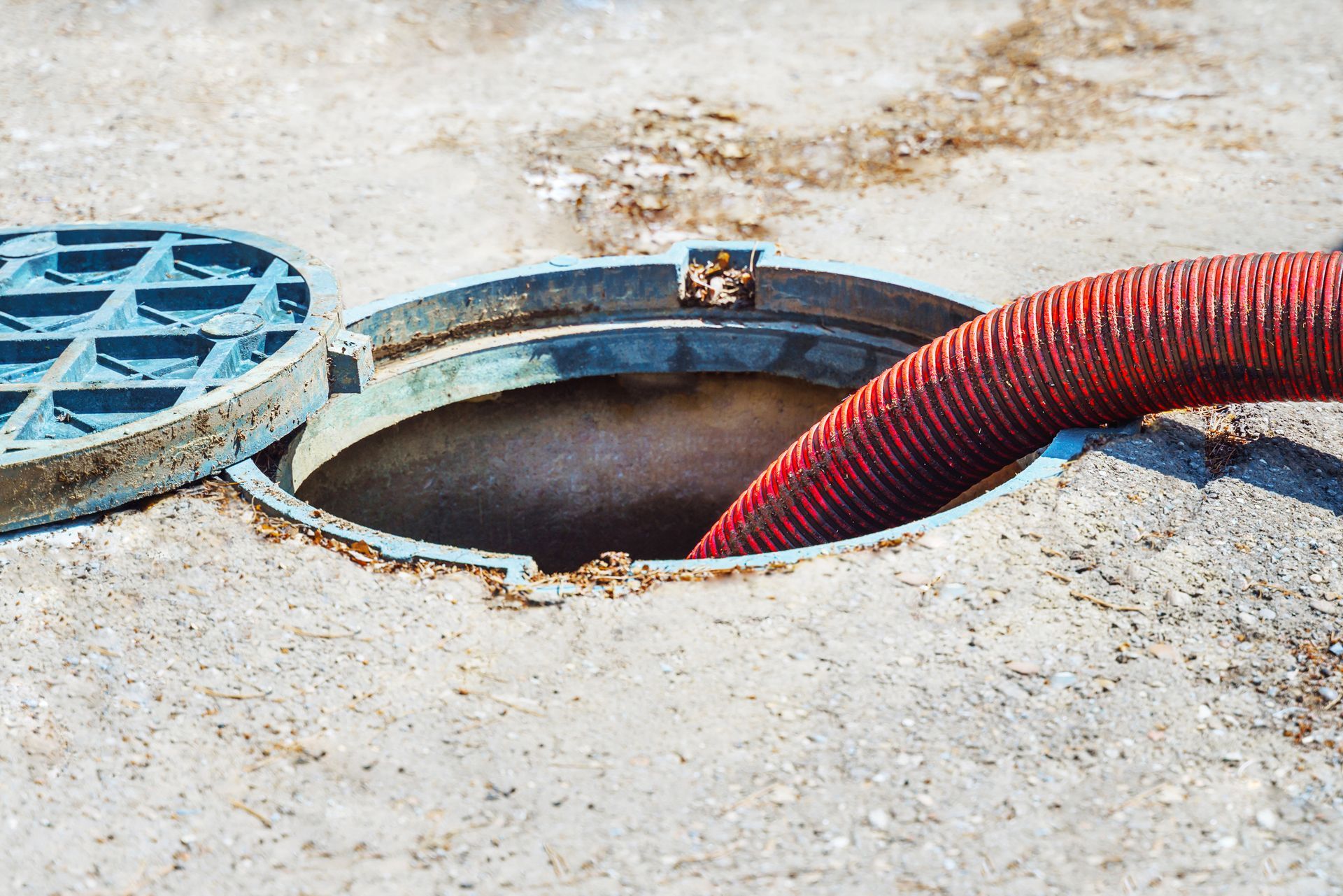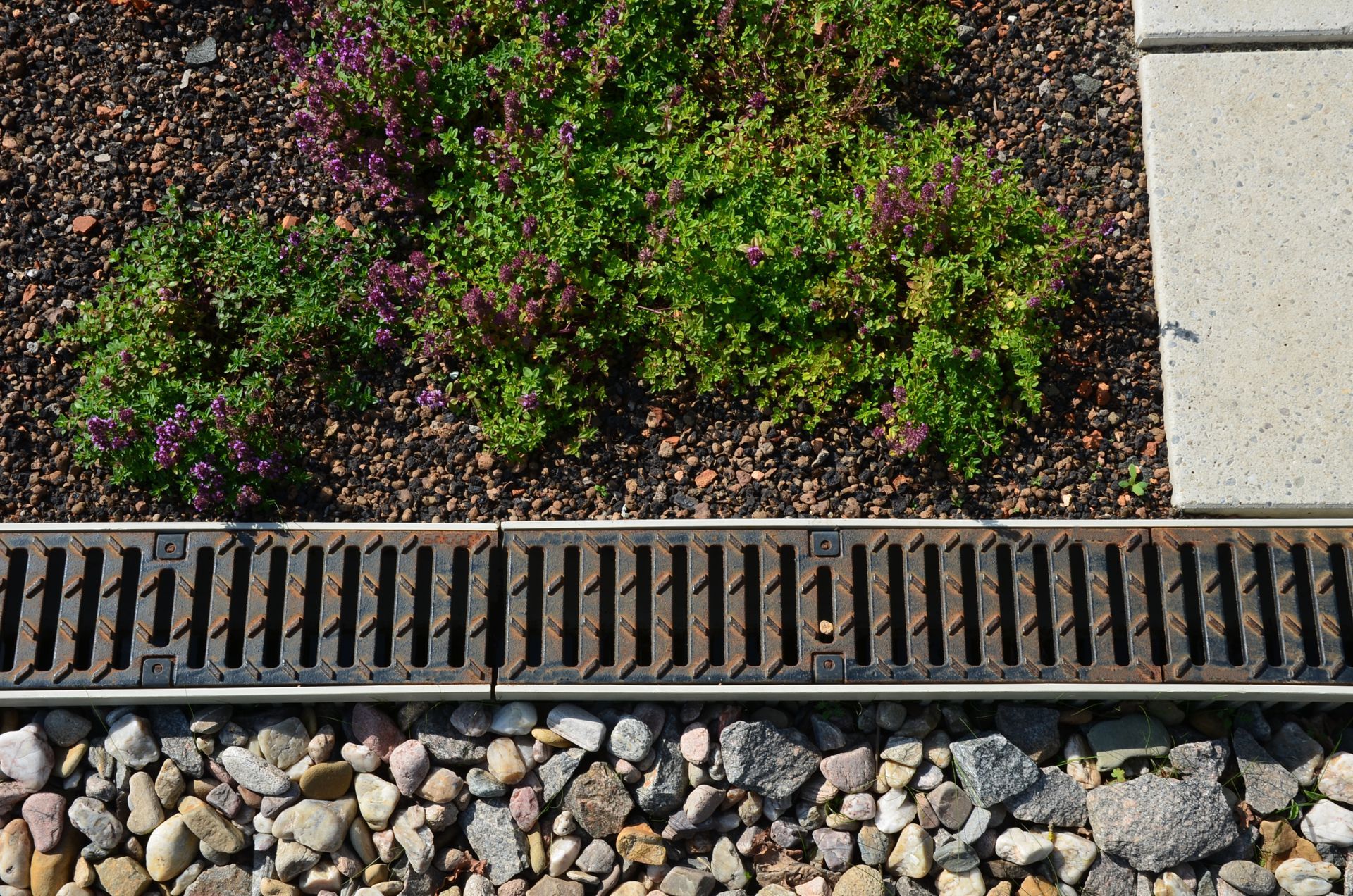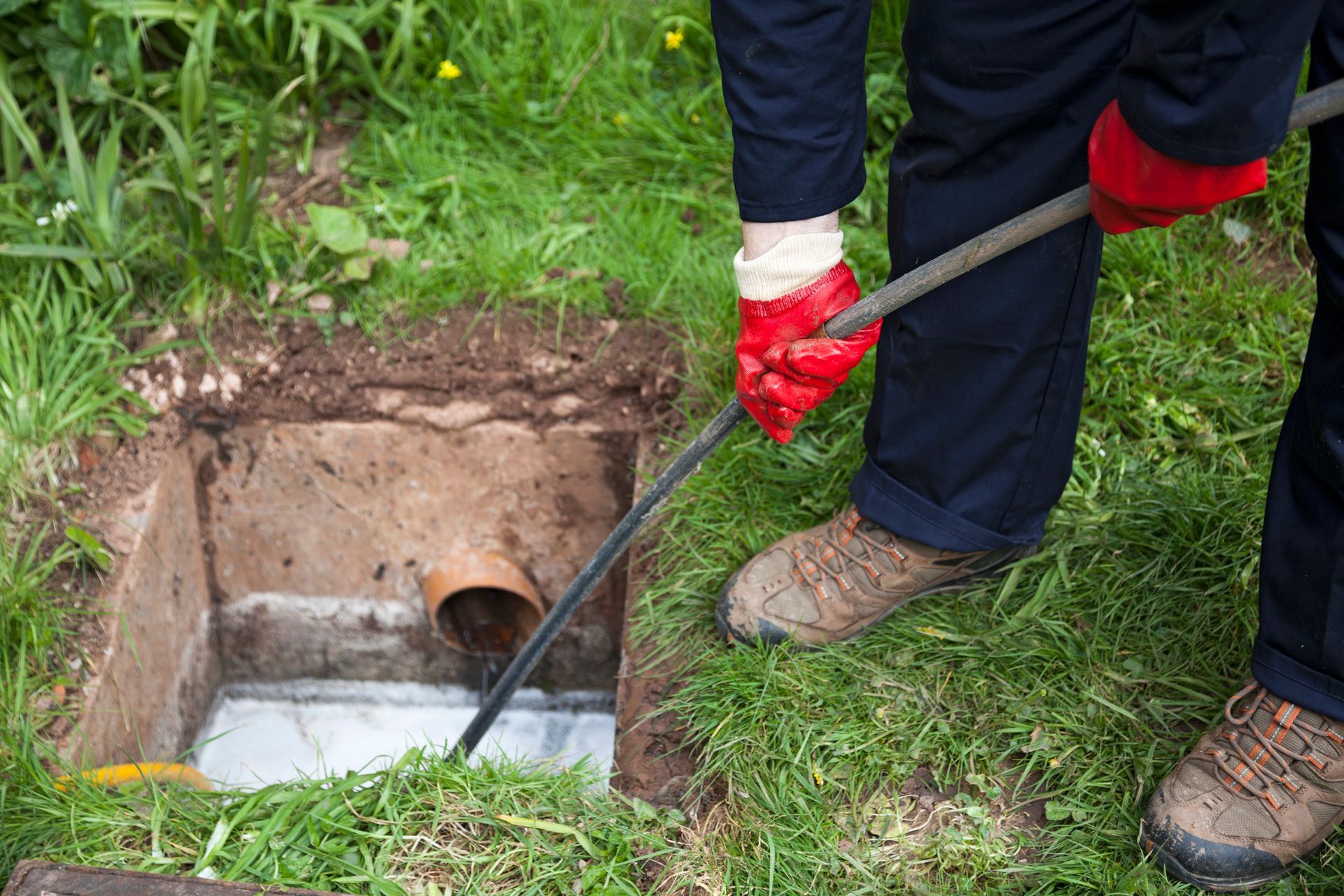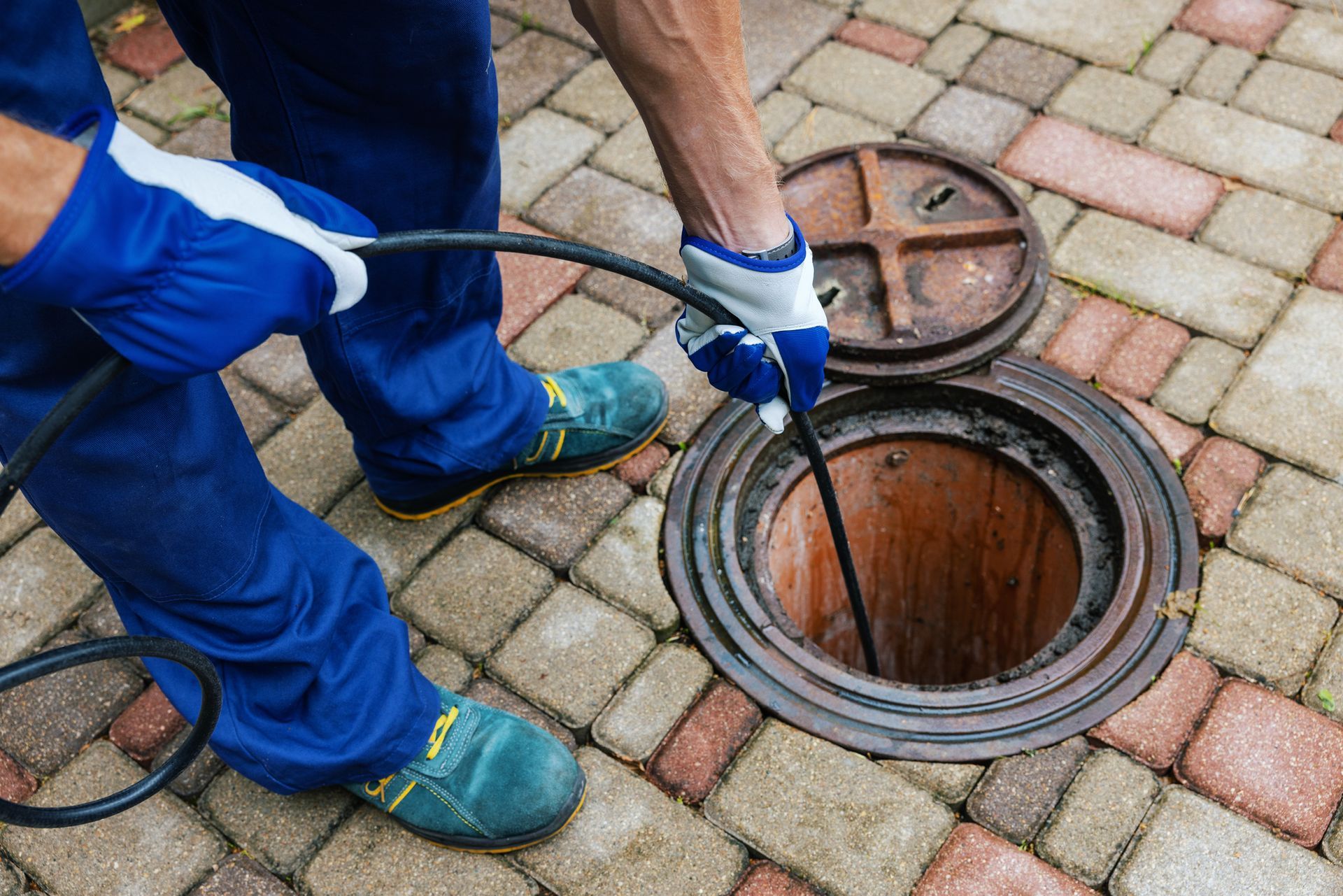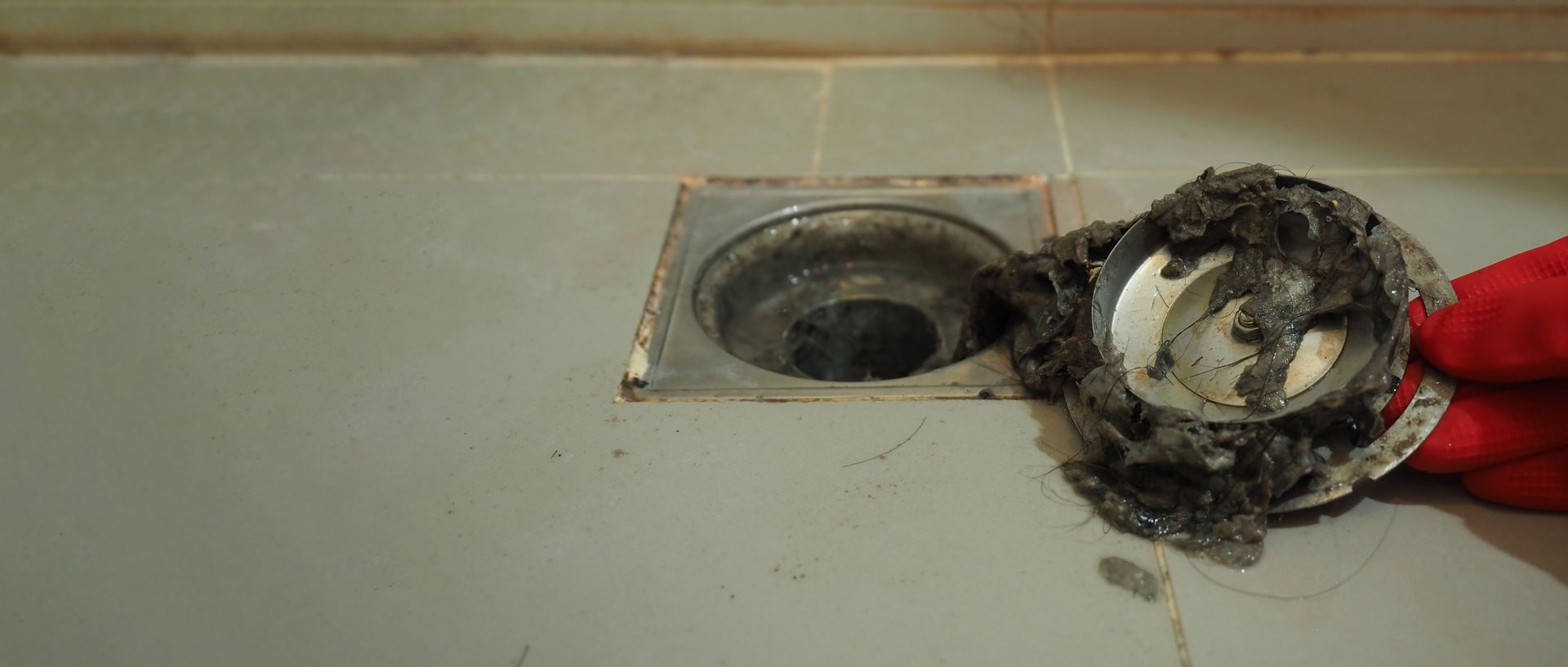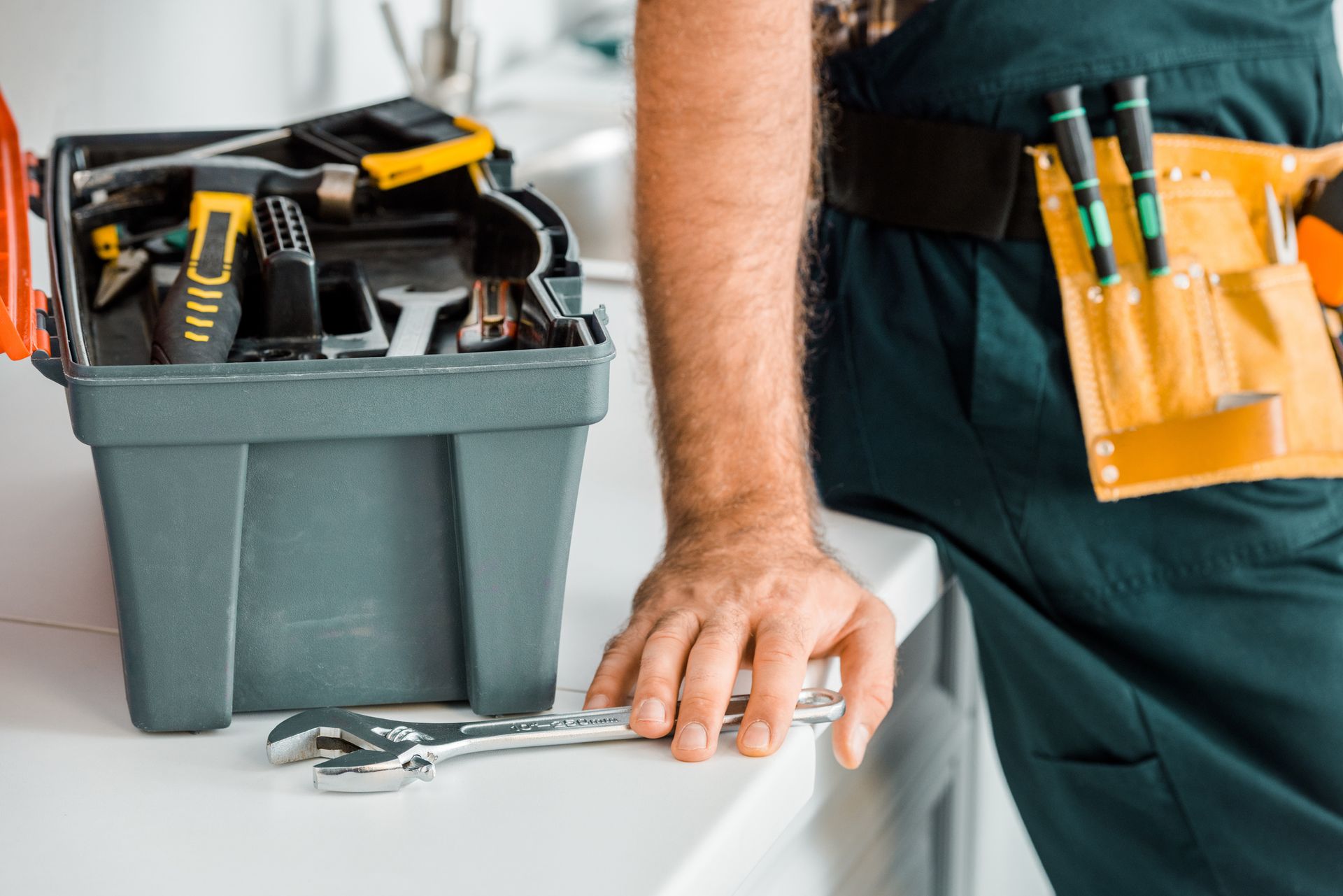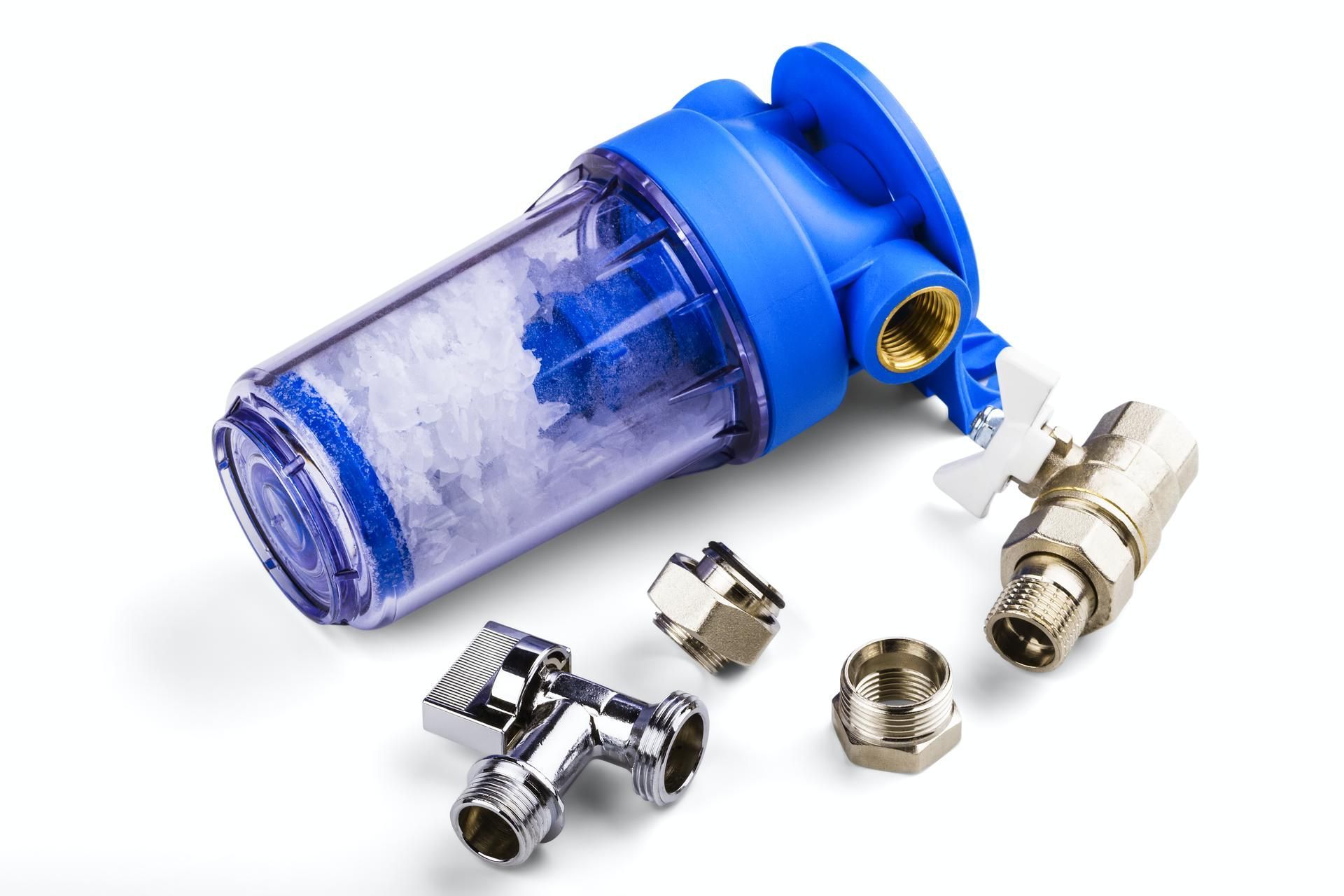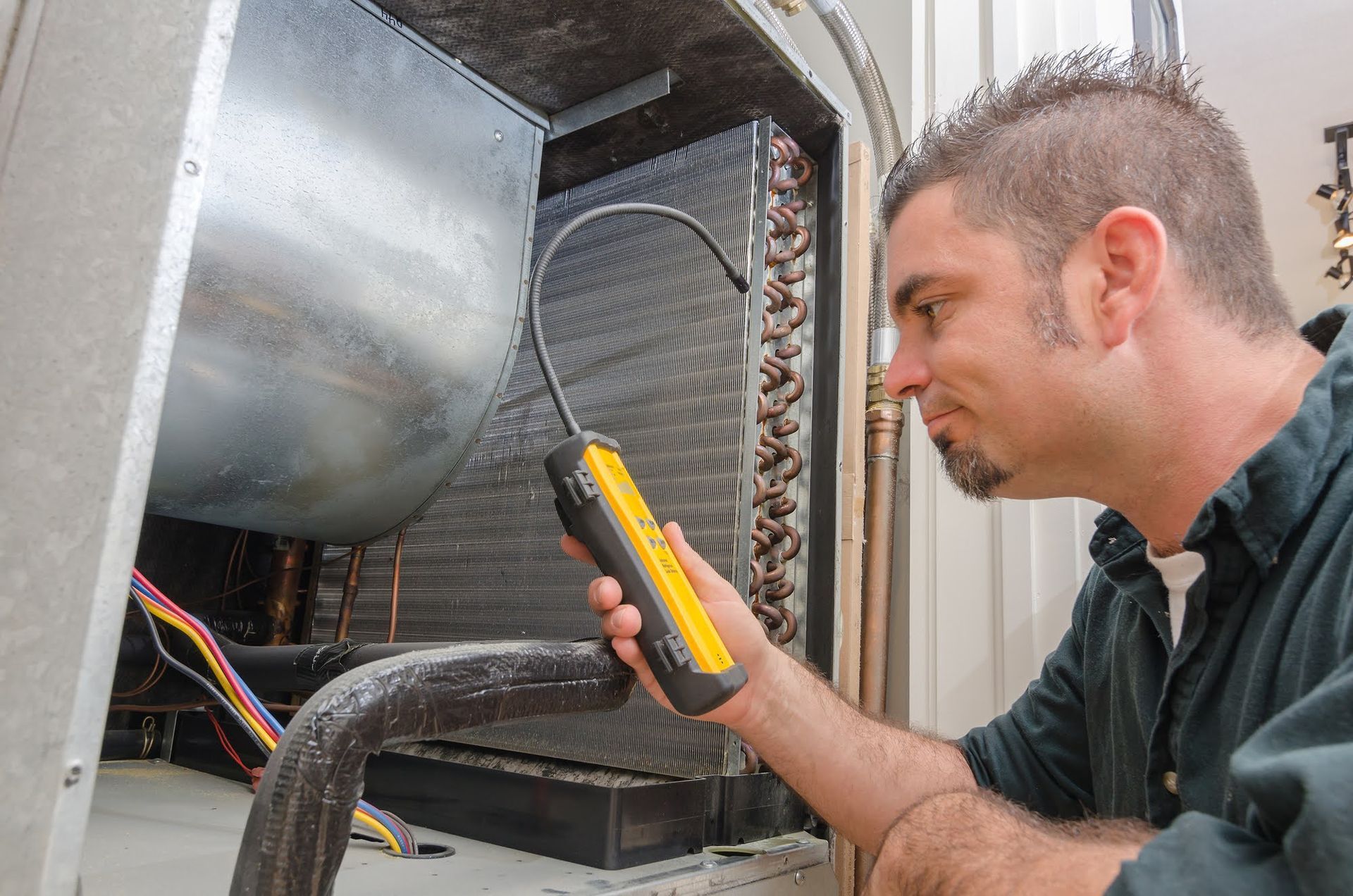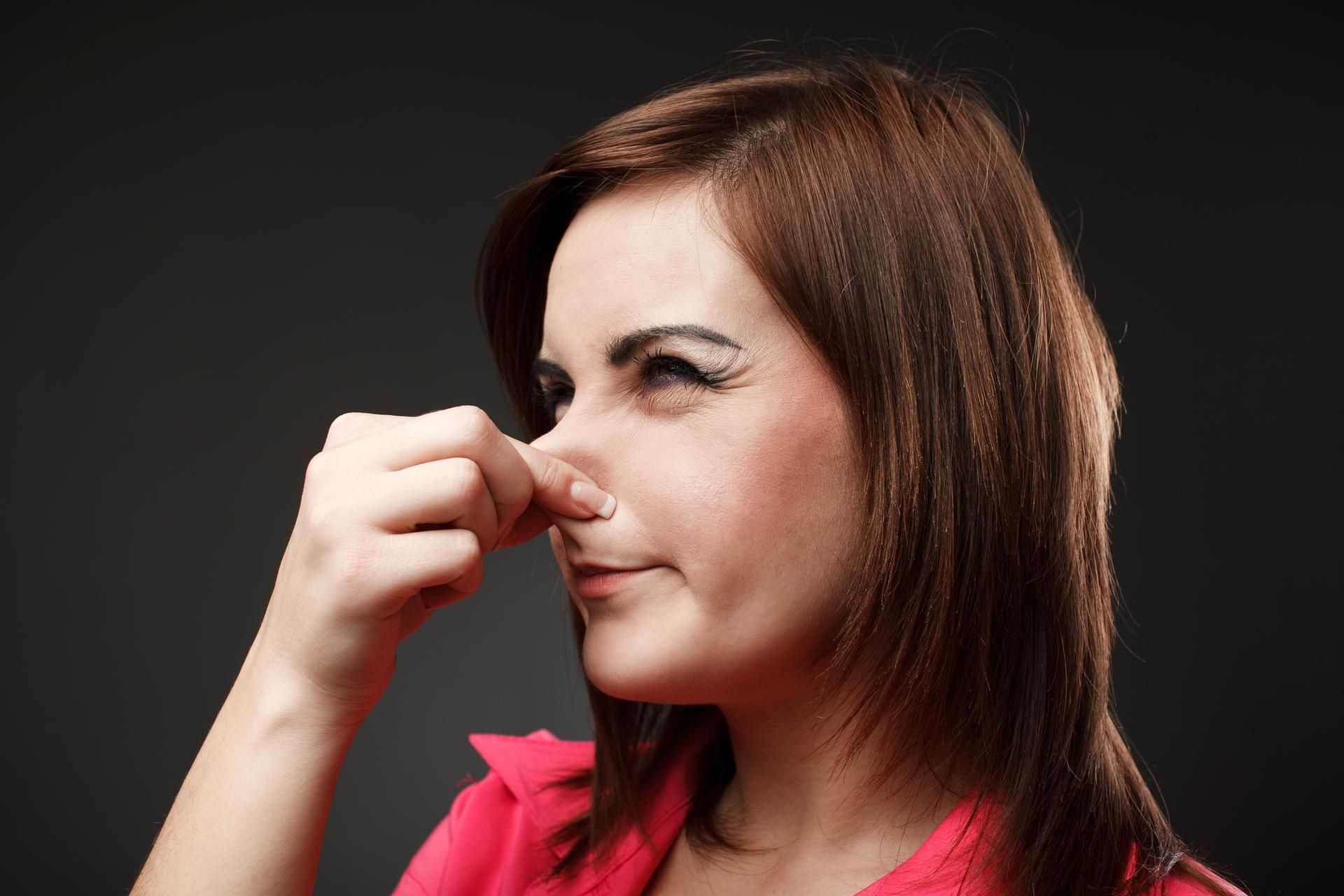Which Is Better for Your HVAC System: HEPA or MERV Filters?
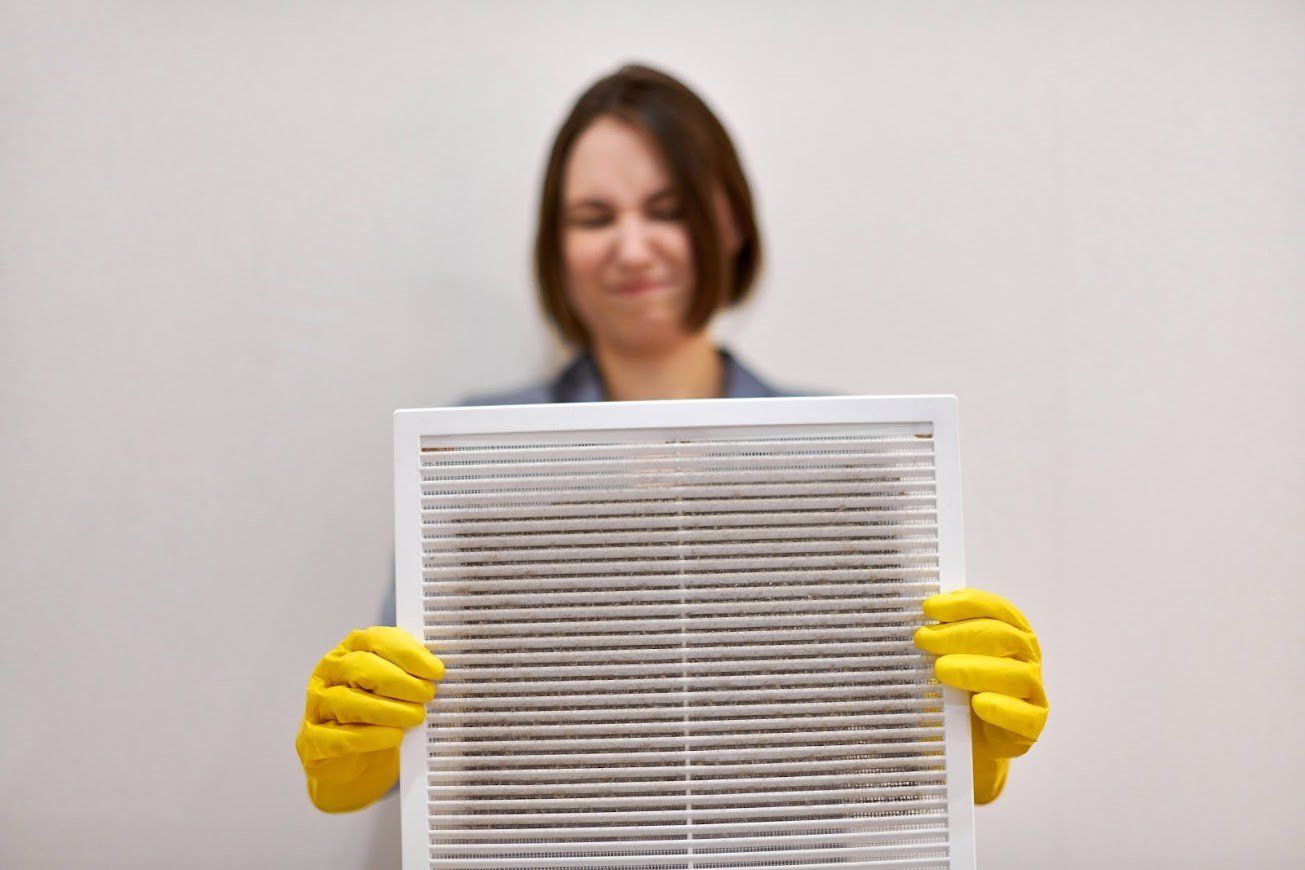
As any homeowner knows, keeping your HVAC system running smoothly is essential for comfortable living. Regular maintenance and clean filters are key to ensuring that your system runs efficiently and doesn't strain your home's electricity usage unnecessarily. But what kind of filter is best for your HVAC system? Should you choose a HEPA filter or a MERV filter?
What Are HEPA Filters?
HEPA filters trap small particles — such as dust and pollen — that can cause allergies or respiratory problems. HEPA is an acronym for "high efficiency particulate air." HEPA filters come with a fine fiber network that traps these particles as air passes through them.
Most HEPA filters have an efficiency rating of 99.97%, meaning they can remove 99.97% of particles that are 0.3 microns in size from the air that passes through them. These particles are much smaller than those you can see with the naked eye.
What Are MERV Filters?
MERV stands for Minimum Efficiency Reporting Value. MERV filters are air filters rated according to their ability to remove particles from the air. The MERV rating system goes from 1 to 20, but anything above 13 is unsuitable for residential use. A higher MERV rating means the filter will remove more airborne particles, including dust, pollen, mold spores, and pet dander.
MERV 8 filters are generally considered good for trapping pet dander, dust, and pollen, while MERV 11 filters can also capture smoke and bacteria. MERV 13 filters are typically used in healthcare settings, as they can trap viruses and other small particles. When choosing a MERV filter, consider the specific needs of your space.
Pros and Cons of HEPA Filters
Here are some of the pros and cons of HEPA filters:
Pros
- It can remove a wide range of particles from the air, including dust, pollen, mold spores, and pet dander
- It can improve the overall air quality in your home, making it easier to breathe for those with allergies or asthma
Cons
- It can be noisy, especially when first turned on
- It may need to be replaced more frequently than other types of air filters
- It can cause the build-up of static electricity in some homes
- It may not be as effective at removing smaller particles, such as smoke or chemicals
Consider your unique situation and specific needs.
Pros and Cons of MERV Filters
There are some pros and cons to using a MERV filter. Here are some of the most common.
Pros
- MERV filters can remove many airborne contaminants, including dust, pollen, pet dander, and smoke particles
- They can help to improve the indoor air quality in your home
- They can help extend your HVAC system's life by preventing dust and other particles from building up on the coils and other components
Cons
- MERV filters can strain your HVAC system if not properly sized for your unit
- They can also reduce the airflow in your home if they become clogged with contaminants
- If you have allergies or asthma, you may need to replace your MERV filter more often than someone without these conditions
Consider what you use a space for as you consider MERV filters.
Which Filter Should You Choose?
If you're concerned about removing small particles such as dust, pollen, and mold spores, then a HEPA filter is a good choice. If you're more interested in reducing large particles such as pet dander and smoke, then a low-rating MERV filter may be better. However, both options are great as long as you get a filter with the right rating that is compatible with your HVAC system.
Ultimately, the best filter for your home will depend on various factors, including the size of your HVAC system and the level of airborne contaminants in your area. A qualified professional can help you choose the best option for your needs. Contact us today. We'll check your HVAC system and recommend the most suitable option.

